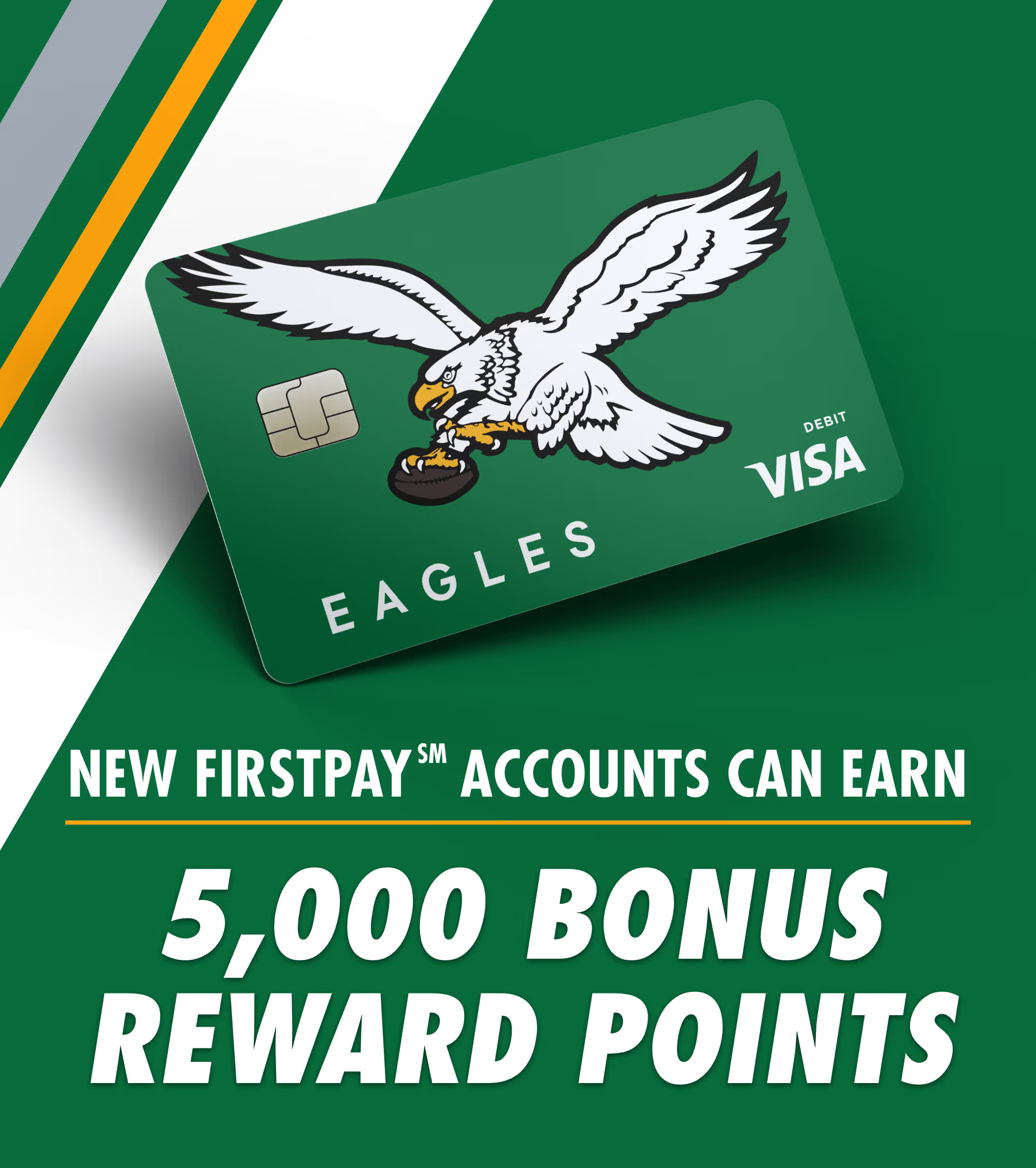As digital transactions become the standard, the use of traditional checks has not only become outdated but alarmingly risky. While some remain loyal to this method, it's crucial to recognize the escalating threats of check fraud in our modern age. In this article, we'll unveil the pressing dangers of check writing and offer compelling reasons to use alternatives.
The Dangers of Check Writing
Personal Information on Display
When you write a check, you're providing a wealth of personal information, including your name, address, bank account number, and signature. This sensitive data can be exploited by fraudsters for identity theft or other malicious purposes, putting your financial security at risk.
Forgery
Check forgery is a prevalent type of fraud where a criminal alters or creates a fake check, either by using someone else's account information or by fabricating a check from scratch. It's relatively easy for criminals to forge checks, especially with advances in printing technology. Moreover, since checks can take days to clear, it may be some time before you realize you've been targeted.
Check Washing
Check washing is a form of fraud in which a criminal erases information on a check, such as the payee's name and the amount, and replaces it with new information. This allows the thief to cash the check or deposit it into their own account. Although modern checks often incorporate security features to deter check washing, the risk remains for those who continue to write checks.
Stolen Checks
A lost or stolen checkbook is a treasure trove for criminals. With access to your account number and personal information, they can easily forge checks and conduct transactions in your name. While banks do their best to flag and prevent unauthorized transactions, you may still suffer significant financial loss.
Lack of Immediate Validation
When you write a check, the funds are not immediately deducted from your account. This lag time can make it difficult to keep track of your spending, increasing the risk of overdrafts and bounced checks. Furthermore, the delay in processing may give criminals more time to commit fraud.
Safer Alternatives to Checks
Given the numerous risks associated with writing checks, it's essential to consider safer alternatives for conducting financial transactions:
- Debit and Credit Cards:
These provide an additional layer of security, as they require a personal identification number (PIN) or signature for validation. They also offer the convenience of immediate transactions and better expense tracking.
- Electronic Funds Transfer (EFT):
EFTs, including direct deposit and wire transfers, are a secure and efficient way to transfer money between accounts. These transactions are typically faster and more reliable than check payments.
- Mobile Payment Apps:
The rise of mobile payment apps, like Firstrust’s ‘Pay Other People’, PayPal, Venmo, and Zelle offer a convenient and secure method for transferring money, often with the added benefit of encryption and two-factor authentication.
Tips for Safely Using Checks
If on occasion you still need to use checks for certain transactions, consider these tips to minimize the risk of fraud:
- Be Cautious with Mailing Checks: To minimize the risk of theft or interception, avoid placing checks in your mailbox for pick-up. Instead, drop your checks off inside the post office. This means avoiding placing checks in the large blue drop-off bins outside the post office. These are often targeted by thieves.
- Store Your Checkbook Securely: Keep your checkbook in a safe place, preferably under lock and key. Avoid leaving it in your car or other easily accessible locations.
- Use Security Features: Opt for checks with built-in security features, such as watermarks, microprinting, or heat-sensitive ink, to deter forgery and check washing.
- Track Your Transactions: Regularly monitor your bank account and review your transactions to identify any suspicious activity. Promptly report any discrepancies to your bank.
- Shred Unused Checks: Safely dispose of any unused or canceled checks by shredding them to prevent potential misuse.
Bonus Safety Service for Firstrust Business Customers
We realize that when you are running a business, it is especially difficult to abandon checks all together. Some industries require check writing, and for their security, we have a solution: Positive Pay.
Firstrust Bank’s Positive Pay helps prevent check fraud and strengthens internal controls by systematically comparing checks presented on your account against the checks you issue daily. It works by verifying check numbers and dollar amounts and then reporting discrepancies to you through Firstrust’s online banking. When our system identifies checks that you did not issue, they will be presented to you in an exceptions report where you can either approve the check or decline it. To learn more about Positive Pay, please contact our Customer Care Team at 800-220-BANK.








































